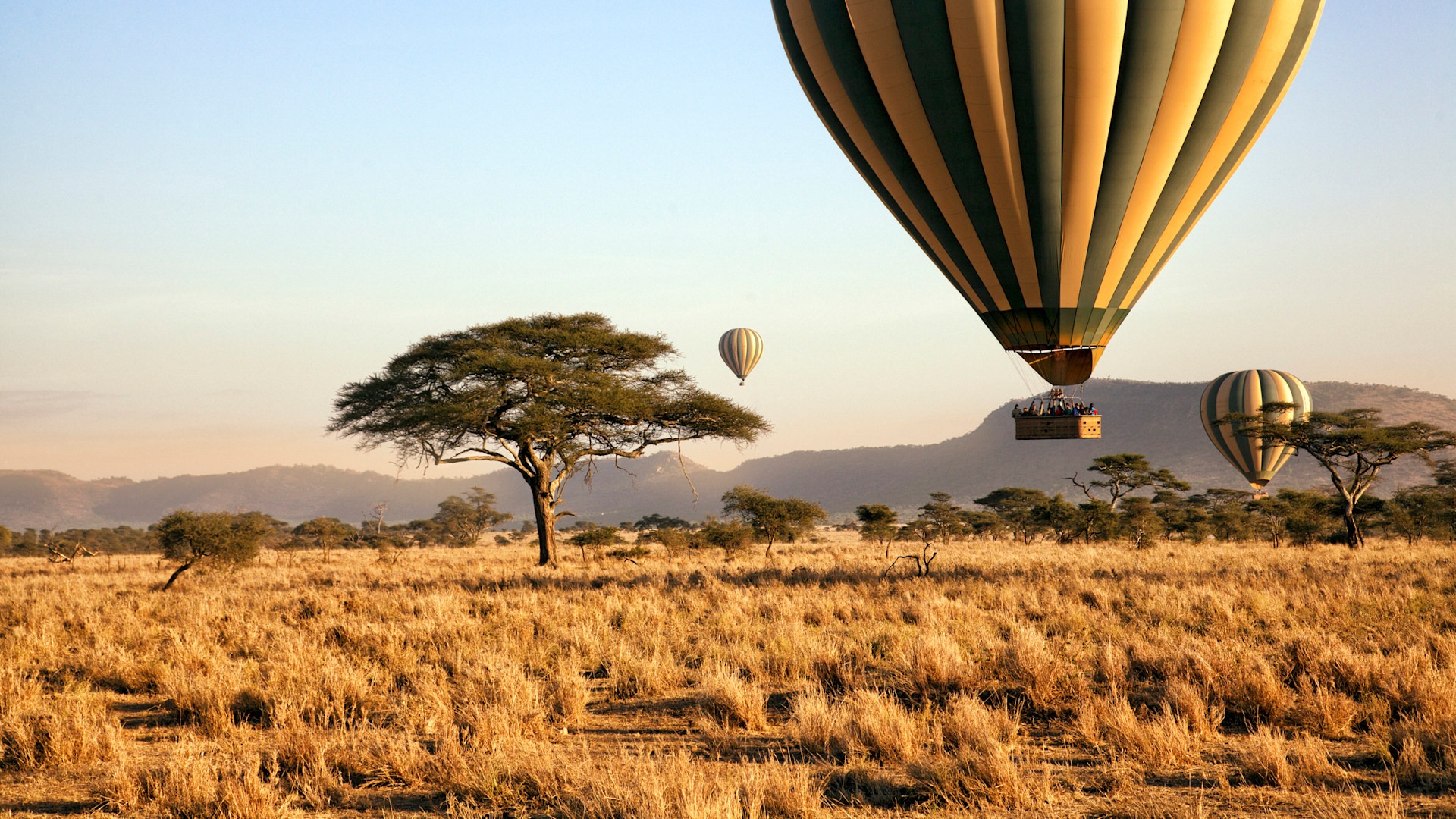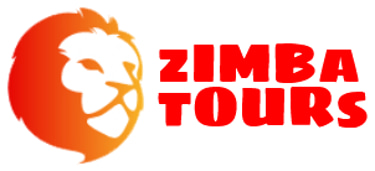Tipping Information in General
When planning your trek to the majestic summit of Mount Kilimanjaro, you’ll quickly realize that the experience is not just about the physical challenge and breathtaking scenery. It’s also about the dedicated team that helps make your climb possible. This team—the mountain crew—plays a vital role in your success.
One of the questions many trekkers have is about tipping: Why is it expected? How does it work? Who receives it, and how should I budget for it?
In this article, we’ll break down everything you need to know about tipping the mountain crew in Tanzania. Let’s explore why tipping is a crucial part of the culture, how to handle it responsibly, and what to expect when trekking with Kilimanjaro Tours For Less.
Why Is There a Tipping Culture in Tanzania?
In Tanzania, tipping is a gesture of appreciation for service, much like in other parts of the world. For the mountain crew, it’s more than just a thank-you—it’s a vital part of their livelihood.
Tips are not just appreciated—they are anticipated. Unlike fixed salaries, which are subject to taxes and deductions, tips allow the crew to take home more of their earnings directly. This structure means that tipping can be a more effective and immediate way to support the hardworking individuals who ensure your trek is a success.
Mountain crews, including porters, guides, and cooks, work tirelessly to ensure your safety, comfort, and success on the trek. They face extreme conditions, carrying heavy loads, setting up camps, preparing meals, and guiding you on challenging terrain. While they do receive wages, these are often modest, as the trekking industry relies on competitive pricing. Tipping bridges this gap, recognizing their effort and ensuring fair compensation.
For the mountain crew, think of tipping as a performance-based reward system: the crew works tirelessly to provide excellent service, and their tips reflect how much their efforts are valued. It’s a motivational system that aligns with the nature of their work, where going above and beyond makes a direct difference in their earnings.
This system also benefits trekkers. Rather than inflating trek prices to accommodate higher, taxable salaries, tips offer a transparent and fair way to reward the crew’s hard work. In essence, your tips not only acknowledge their effort but also empower them economically in a meaningful and culturally relevant way.
In Tanzania, tipping is a way of expressing gratitude for exceptional service, but on Mount Kilimanjaro, it holds even greater significance. While Kilimanjaro Tours For Less ensures that its crew members receive fair wages, the reality is that salaries alone are often insufficient to cover the high cost of living in the region. This is where tipping becomes an essential part of the crew’s income.
General Tipping Guidelines in Tanzania
Tipping isn’t just limited to Kilimanjaro treks—it’s a common practice across Tanzania, reflecting appreciation for services in various settings. Here are some key scenarios where tipping is customary, along with recommended amounts to help you plan:
1. Airport Transfers and Taxi Drivers
Drivers who handle your airport transfers or provide taxi services will often go above and beyond to ensure a smooth ride and make you feel comfortable and safe in a new country. If you’re satisfied with the service:
Recommended Tip: $5-$10 per transfer, depending on the distance and service.
2. Day Trip Guides
For excursions such as visiting Materuni Waterfalls, Chemka Hot Springs, or coffee tours, your guide is a key part of the experience. Their local knowledge and hospitality enhance your trip.
Recommended Tip: $10-$15 per guide for half-day tours and $15-$20 for full-day tours.
3. Hotel Staff
Hotel staff, including housekeeping and porters, often rely on tips to supplement their income. It’s customary to leave a small tip for attentive service.
Recommended Tip: $1-$2 per night for housekeeping and $1 per bag for porters.
4. Safari Guides
Safari guides are highly skilled professionals who ensure your safety while delivering a memorable wildlife experience.
Recommended Tip: $20-$25 per day for safari guides
5. Restaurant Wait Staff
In restaurants, tipping is generally appreciated but not always expected. If you receive good service:
Recommended Tip: 5-10% of the bill, or $1-$3 for smaller meals.
6. Local Vendors and Markets
When purchasing handmade crafts or souvenirs, tipping isn’t necessary, but rounding up the amount or leaving a small extra payment is a kind gesture of support.
Who Makes Up the Mountain Crew?
The mountain crew is the heart and soul of your Kilimanjaro trek, ensuring everything runs smoothly from start to finish. At Kilimanjaro Tours For Less, we are proud to say that the majority of our guides and porters are local Tanzanians. Their deep knowledge of the mountain, the local culture, and the terrain make them invaluable assets to your adventure.
Your Kilimanjaro trek is supported by a diverse and skilled team:
Lead Guide(s): Responsible for your safety, pace, and success. They monitor your health, ensure you acclimatize properly, and share fascinating insights about the mountain.
Assistant Guides: They support the lead guide, providing additional safety and personalised assistance.
Cook: Prepare delicious and nourishing meals to keep your energy levels high.
Porters: The unsung heroes of the trek. They carry your gear, camping equipment, and supplies—often with loads up to 20 kg.
The size of your crew depends on your group size. For instance, a solo trekker might have a crew of 5-7 members, while a group of 10 trekkers could require 35-50 crew members. Each person has a specific role, and their teamwork ensures a seamless experience.
Unlike many other tour operators who outsource their guides and porters, Kilimanjaro Tours For Less employs its best guides directly. This allows us to provide them with personalized training to uphold our high standards of service and safety. Moreover, it ensures they are regularly assigned to treks, offering them a stable and reliable source of income. For our porters, loyalty is highly valued—those who have worked exclusively with Kilimanjaro Tours For Less and demonstrated dedication are given priority to assist on our treks.
For many crew members, this work is their main source of income. Recognizing this, we commit to paying fair wages that reflect their skills and effort. However, as the cost of living in Tanzania continues to rise, their salaries alone are not enough to cover their needs fully. This is where tipping becomes essential—it complements their earnings and provides much-needed financial support.
At Kilimanjaro Tours For Less, we also understand the importance of balancing competitive trek costs with fair treatment of our crew. By keeping our trek prices affordable, we attract more bookings, ensuring a steady flow of work for our guides and porters. This means that when you choose to trek with us, you are not just embarking on an unforgettable adventure—you are directly supporting the livelihoods of hardworking Tanzanians who dedicate themselves to helping you achieve your dreams.
Why Aren’t Tips Included in the Price?
You might wonder why tipping isn’t built into the cost of your trek. The answer lies in transparency and fairness. By keeping tips separate:
Trekkers retain control over how much they tip, based on the experience they received.
It ensures tips are directly handed to the crew, avoiding middlemen.
It keeps the base cost of treks more affordable, giving trekkers flexibility.
This system aligns with Tanzania’s cultural norms, where tipping is optional but strongly encouraged as a token of gratitude.
How Are Tips Distributed Among the Crew?
Tipping is generally done collectively, and the amount is distributed fairly amongst the crew. For instance:
Guides receive the highest portion as they take on the most responsibility.
Cooks receive a smaller portion but still significant, reflecting their hard work in the kitchen.
Porters share the remaining, but sufficient tips equally among themselves.
Example:
If you’re a group of 4 on a 7-day trek with 16 crew members, your group’s tipping pool might look like this:
Lead Guide: $140 (at $20/day)
Assistant Guides (x1): $105 (at $15/day each)
Cook: $70 (at $10/day)
Porters (x13): $728 (at $8/day each)
Includes; 1 waiter, 1 toilet porter and 2 summit porters
Total: $1,043, or approximately $260 per trekker.
At Kilimanjaro Tours For Less, we ensure transparency in the tipping process. After the trek, the tips are pooled and distributed in the presence of the crew and trekkers, ensuring fairness and eliminating misunderstandings.
How Much Should You Tip?
Tipping guidelines vary slightly among operators, but here’s a general recommendation:
Lead Guide: $20-$25 per day
Assistant Guide: $15-$20 per day
Cook: $10-$15 per day
Waiter: $8-$12 per day
Porter: $8-$10 per day
Summit Porter: $10-15 per day
Toilet Crew: $8-$12 per day
For a 7-day trek, the total tipping amount per trekker could range between $250-$350. While these are suggested amounts, you’re free to tip based on your satisfaction with the service.
How to Account for Tipping in Your Expenses
To prepare, include tipping as part of your overall budget. Here are a few tips to manage this effectively:
Plan Ahead: Research the recommended tipping amounts before your trip.
Carry Cash: Bring US dollars in small denominations. Tanzanian shillings are also acceptable, but USD is more commonly used.
Set It Aside: Separate your tipping cash early in the trip to avoid spending it accidentally.
The Tipping Procedure with Kilimanjaro Tours For Less
At Kilimanjaro Tours For Less, we’ve streamlined the tipping process to make it stress-free:
Final Day Briefing: On the last day of your trek, your guide will discuss the tipping process.
Group Pooling: Trekkers contribute their tips into a single envelope or bag.
Distribution Ceremony: During the farewell ceremony, total tip amount is announced (if the clients wish) and this will then be transferred to the respective bank accounts of the crew members.
Why Tipping Is Optional but Expected
Tipping isn’t mandatory, and you won’t be penalized for not tipping. However, it’s a deeply ingrained practice that reflects appreciation for the crew’s hard work.
Imagine dining at a restaurant where the service was exceptional—leaving a tip feels natural. Similarly, after witnessing the effort your crew puts into making your trek successful, tipping becomes a heartfelt gesture of thanks.
Final Thoughts: More Than a Tip, It’s a Thank-You
Tipping on Mount Kilimanjaro isn’t just a transaction—it’s a way to acknowledge the people who made your adventure possible. From the guide who motivated you during that grueling final ascent to the porter who greeted you with a smile despite the harsh conditions, each member of the crew deserves your appreciation.
With Kilimanjaro Tours For Less, we aim to make this process seamless, respectful, and meaningful. By planning ahead and embracing the tipping culture, you’ll not only be contributing to the livelihoods of the hardworking mountain crew but also deepening your connection to the Tanzanian spirit of hospitality.
So as you lace up your boots and take your first steps toward the summit, remember this: every tip you give is a part of the story you’re writing on the roof of Africa—a story of gratitude, teamwork, and success.

Offices/Locations
Visit Us at Bustani Ally - Along Kilimanjaro Road, Shanty Town, Moshi Tanzania | In Arusha Town - We're Located Behind the Themi Suits Hotel, Njiro Road. | In Dar Es Salaam we're located at Kwa Mrema, Bonyokwa Road - Kimara Mwisho.
CONTACT US
MONTHLY NEWsLETTER
info@zimbaextreme.com
+255753286388
© 2025. All rights reserved.
